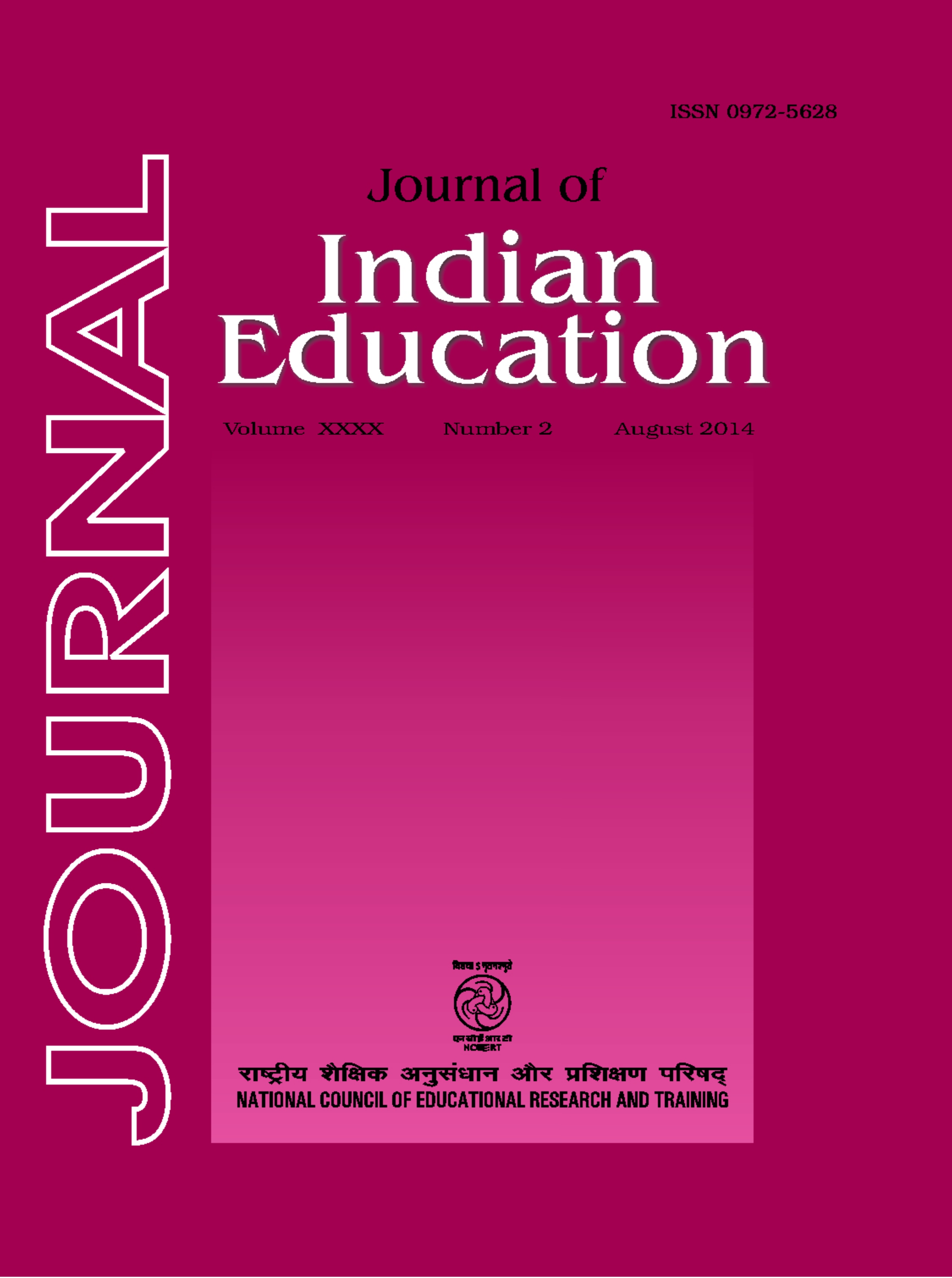Published 2024-12-09
Keywords
- Indus Valley Civilisation,
- Indian civilisation,
- Astronomy
How to Cite
Abstract
Among the great civilisations of the world – the Greek, Roman, Mesopotamian, Mayan, Chinese, Egyptian civilisations that date back to about 8000 years ago, the Indus Valley Civilisation or as it is popularly called, the Indian civilisation is one of the richest and most ancient ones. Whereas several of these ancient civilisations have died or become enfeebled like the Egyptian and Roman civilisations, the Indian civilisation and culture along with the Chinese one, has remained alive and vibrant till date. There have been periods when our culture and civilisation have been overshadowed by foreign invasions especially during the British period when a concerted effort had been made to subdue, sideline and supplant Indian culture, politics, knowledge systems and our polity and economy. The Indus Valley Civilisation is at least as old as 3,300 BC covered an area of more than one million square km that spread from presentday Afghanistan, Baluchistan, Pakistan and North West India to the upper reaches of the Ganges-Yamuna Rivers. Archaeological and textual records have been discovered with written records available from the Vedic period when the Vedic texts were composed in India in Sanskrit from about 1,500 BC. Our culture and indigenous knowledge systems include education (at school and higher levels), agriculture, astronomy, architecture, Ayurveda, linguistics, philosophy etc. to name some principal areas of human activity and endeavour. Questions of healthy food and water management were also important. In this article I wish to talk about some aspects of our old heritage of learning and scholarship and discuss how some of the areas that were sidelined and began to languish as a result of British policies and beliefs are again beginning to show some revival. A concerted effort is being made to encourage and support the efforts of restoring and revitalising those areas that faced difficult and stormy conditions during the British period. Some aspects of our ancient culture like music and dance are of course not only surviving but also thriving.

